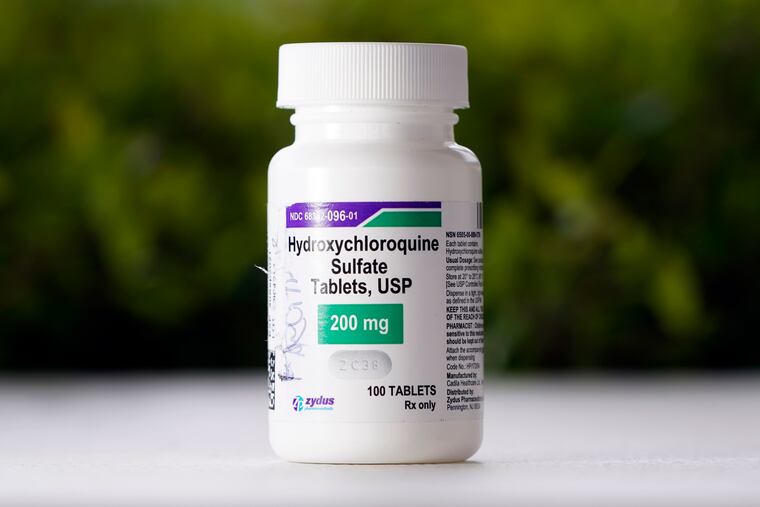Is it OK to ask your doctor about unapproved treatments? | Expert Opinion
Clinicians do sometimes use medications “off label.” This refers to using a drug for a condition beyond what it received FDA approval for.

A few times this month, I have had telemedicine conversations with patients that go something like this: “Doctor, I have COVID. I’m feeling ill, but not terrible. Is there anything I can do?”
“The most important things are to rest and monitor yourself for any severe symptoms like shortness of breath, persistent chest pain, or confusion. I can also sign you up for COVID Watch – a text messaging program to keep track of your condition. A clinician will call you if you report anything concerning,” I reply.
“OK. Are there any medicines that will help?”
I tell them Tylenol and cough medicine may relieve symptoms and that I will check if they qualify to receive monoclonal antibodies, which may reduce the severity of COVID.
Then there is sometimes an awkward silence which I may interrupt with more reassurances and a follow up plan. Lately though, I’ve started to ask, “Is there anything else you were thinking might help you?”
That’s when I may hear something like this:
“I’ve heard things like ivermectin or hydroxychloroquine may help. I know they are not FDA approved, but can’t you prescribe them off-label?”
Although I know this may lead to a challenging discussion, it is important that the issue was raised. Rather than dismissing these requests, I view them as a chance to clarify misperceptions and build rapport.
Clinicians do sometimes use medications “off label.” This refers to using a drug for a condition beyond what it received FDA approval for. The FDA examines submitted scientific evidence and determines if a drug is safe and effective for its intended use. It is understood and accepted that clinicians may use their judgment in deciding to prescribe a drug for an unapproved condition, or give a dosage above what is recommended.
So why would a clinician suggest using a medication off label? One case would be to treat a serious condition for which there is no other approved treatment. Another would be after all approved options have been tried without success. These decisions are based on a working knowledge of the particular drug, and experience using it for similar or related medical problems. A common example is in cancer chemotherapy, where specialists may use a drug regimen to treat a tumor that is not responding to approved agents. Other conditions for which off-label drug use is common include severe pain, smoking cessation, and certain psychiatric disorders.
In the case of COVID-19, there are important caveats. First, we do have effective vaccines for prevention, and approved treatments such as monoclonal antibodies and the antiviral remdesivir. There are more on the way very soon. Further, many drugs circulated in the media — especially social media — as off-label treatments have never been used to treat anything remotely similar to COVID-19. For instance, ivermectin is approved for treating intestinal parasitic worms, and hydroxychloroquine is for autoimmune disease such as rheumatoid arthritis and lupus. Neither has proven effective for COVID.
Another important consideration is the continued, very high number of COVID cases internationally. Using off-label medications of dubious benefit for COVID may deplete supply and make them unavailable for patients who need them for approved treatments of other diseases.
Off-label medication use should always involve open discussion of risks and benefits, a foothold for shared decision-making between clinicians and patients. Never take an unapproved drug on your own; you may overlook details which can be dangerous. Use of the wrong formulation, or potentially toxic doses may be very harmful, as in the case of ivermectin, where ingestion of the more concentrated veterinary formulation has caused many adverse effects.
It is OK to discuss unapproved treatments with your health-care provider. Like any medical inquiry or concern, your treatment questions should be received seriously, not scornfully. In these times of uncertainty and rapid changes in our understanding of a pandemic still very much in our midst, clear and honest communication between patients and clinicians has never been more important.
Jeffrey Millstein is a primary-care physician and medical director for patient experience-regional practices at Penn Medicine.